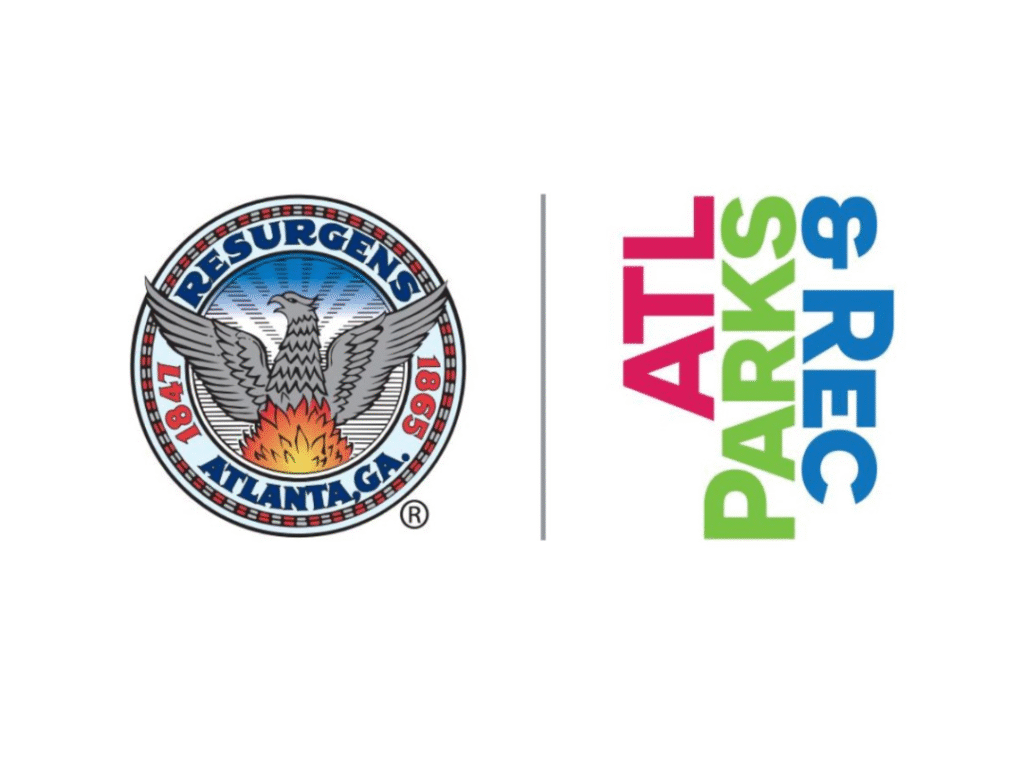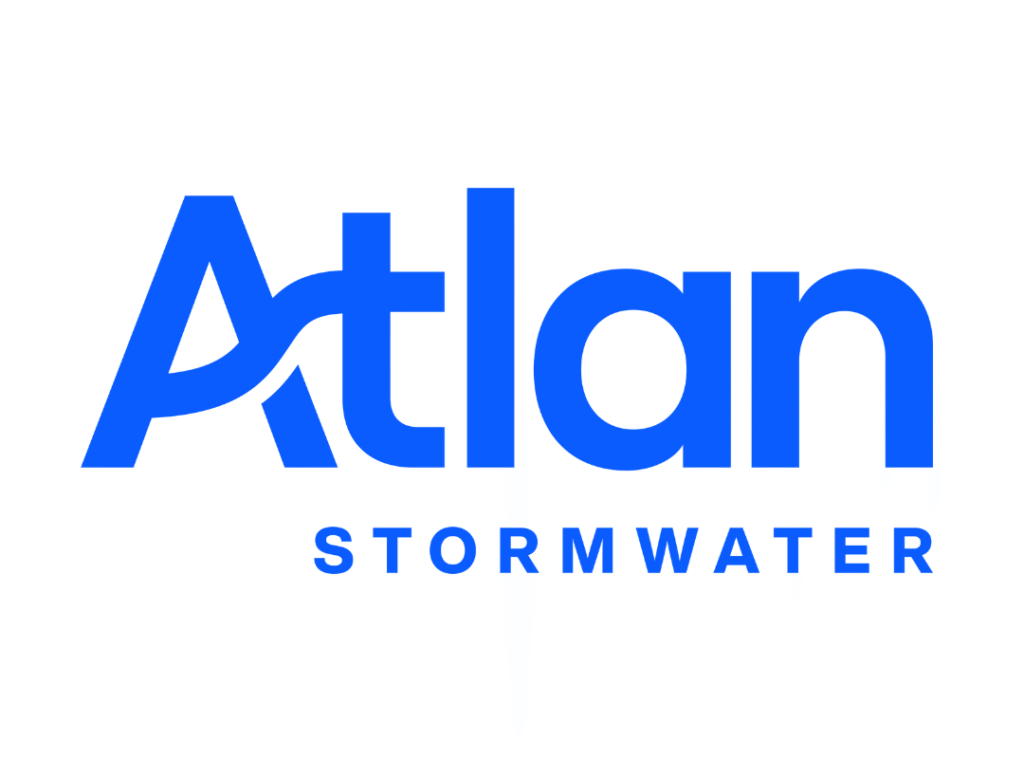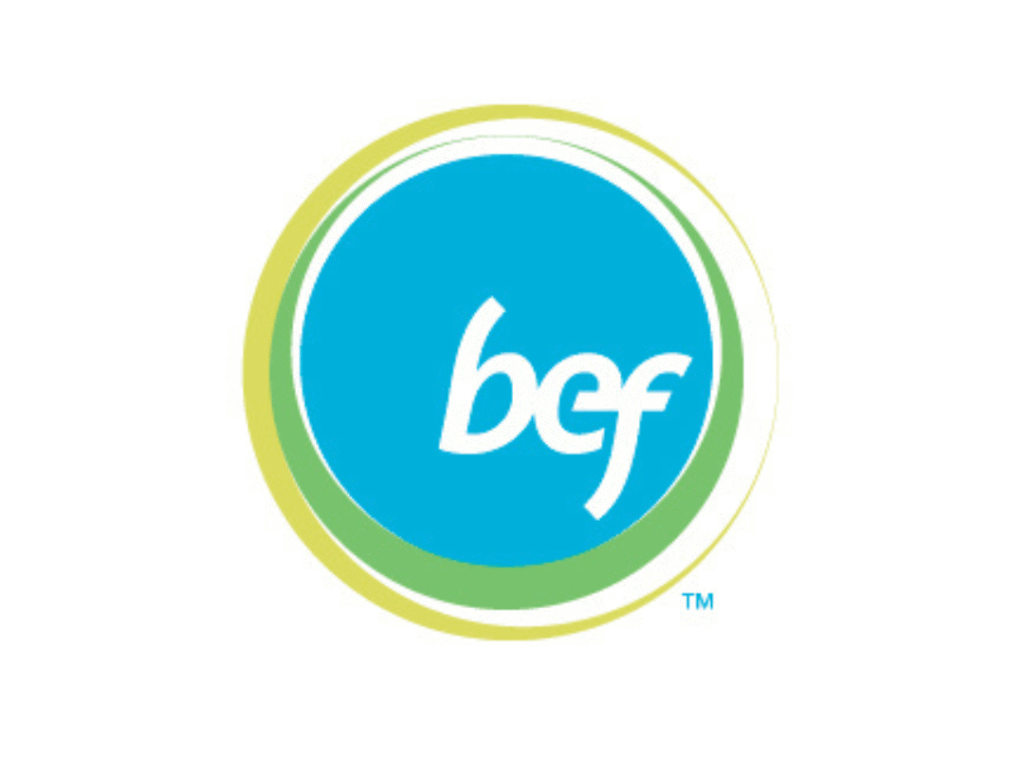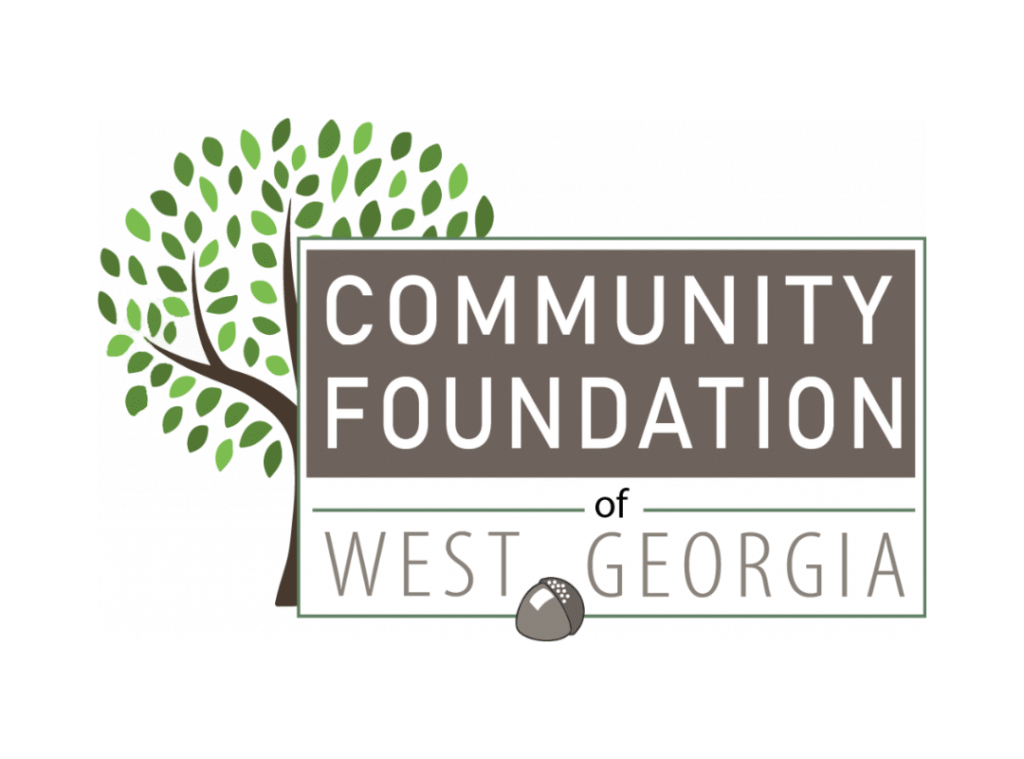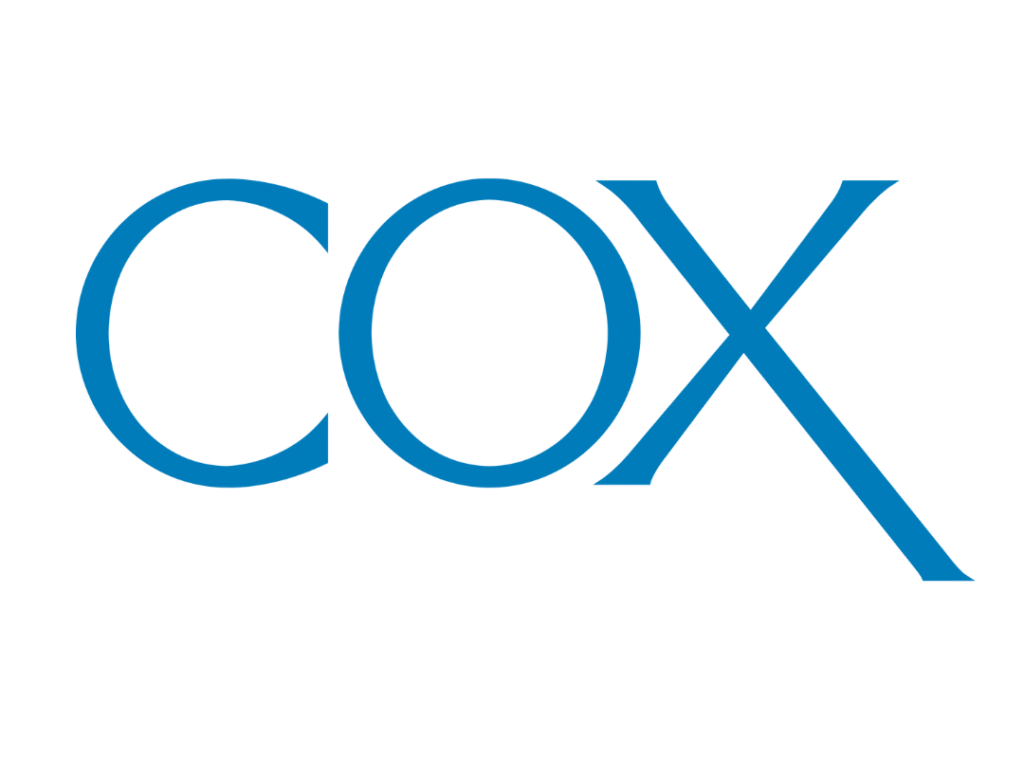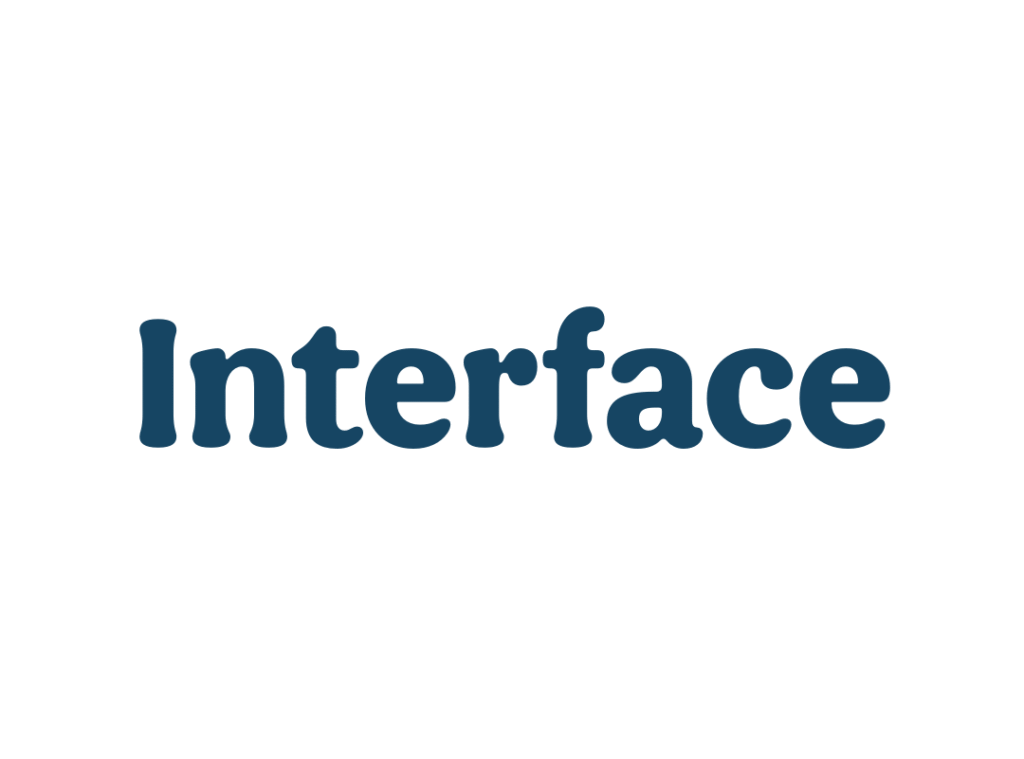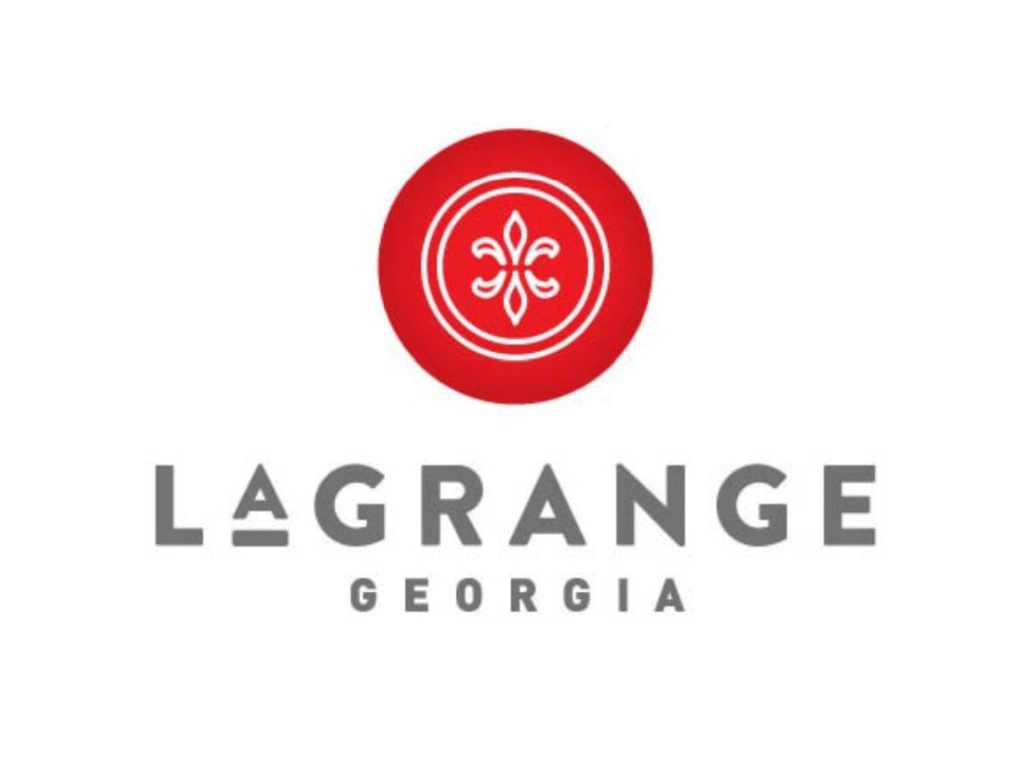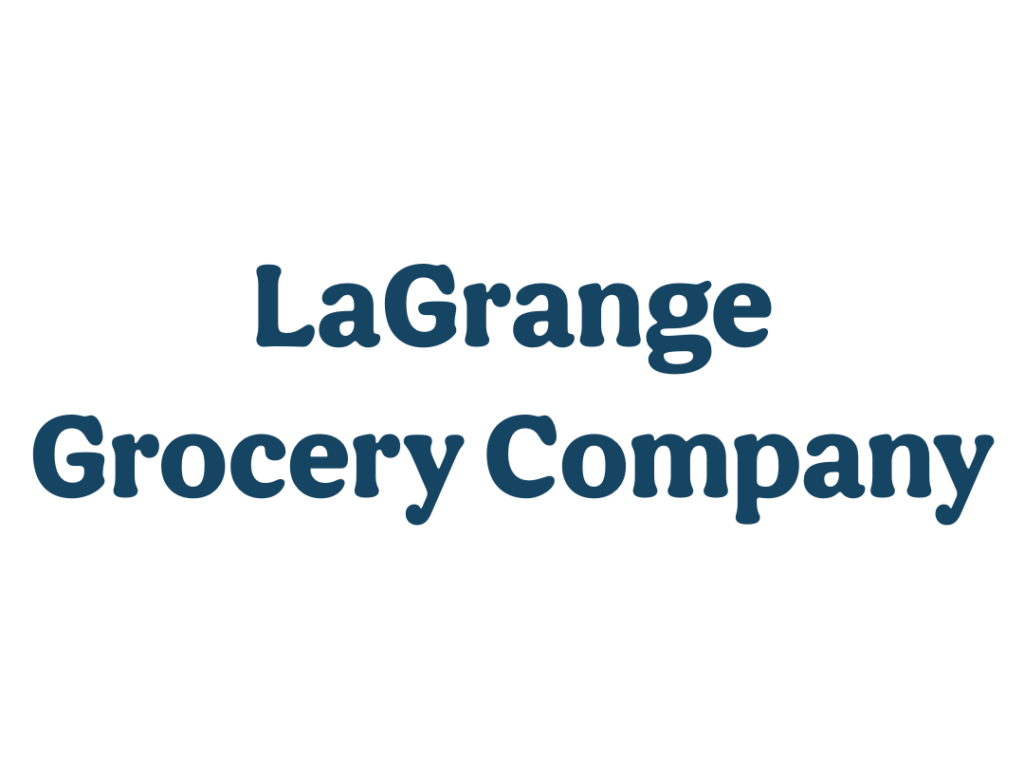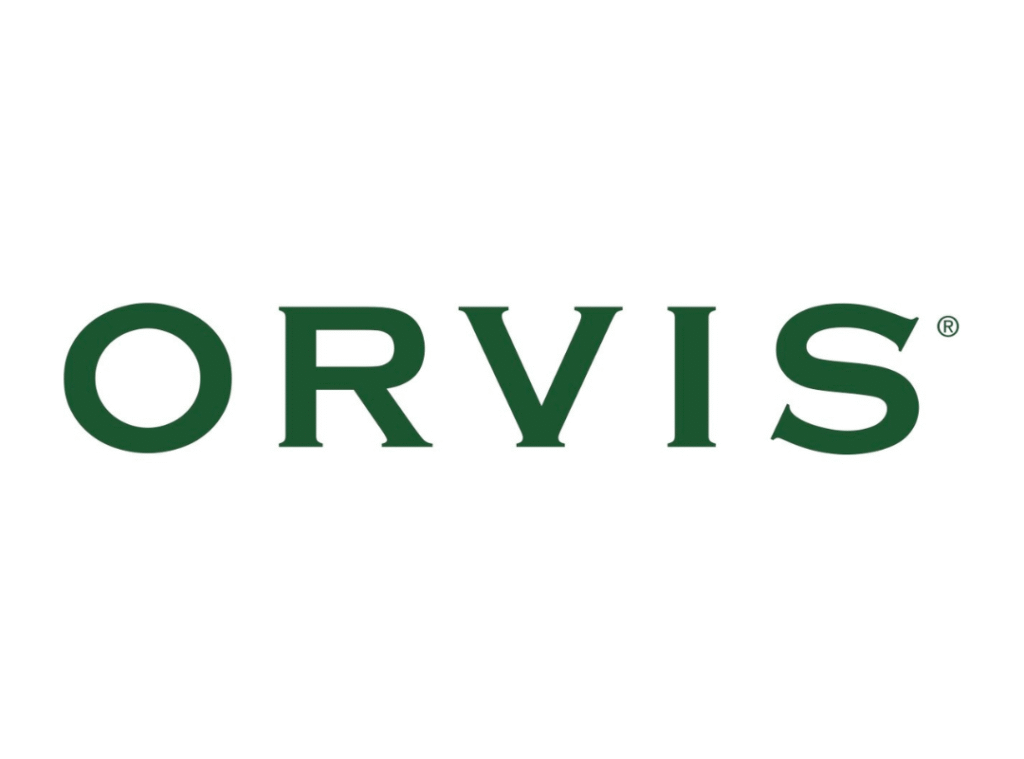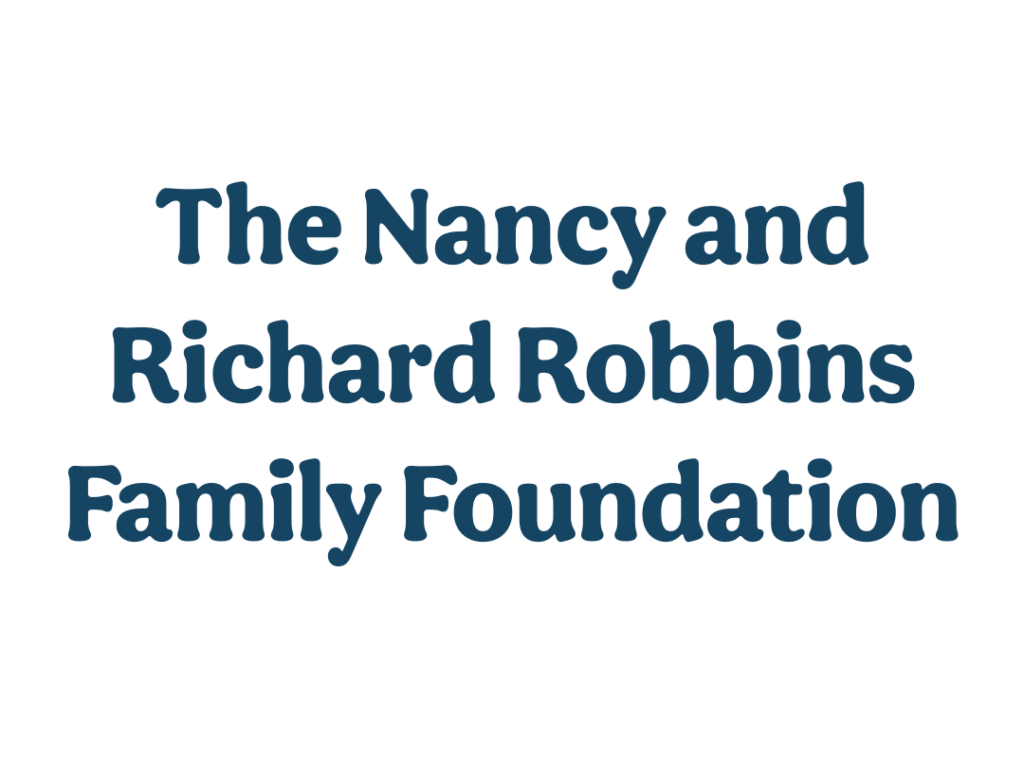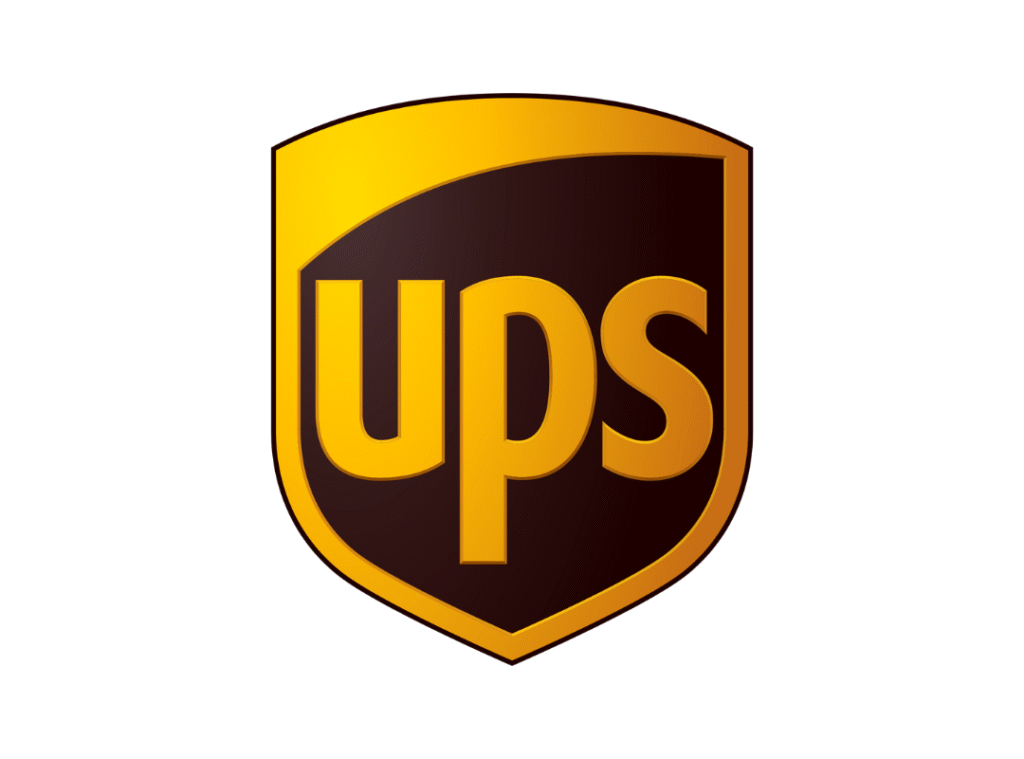Plastic Crisis
The volume of garbage in our rivers, lakes, and oceans has become a global crisis. During every rainstorm, stormwater carries litter pollution from roads, parks, and sidewalks into streams where it can break down and harm critical habitats. If left unchecked, plastic litter from the Chattahoochee Basin will break down into microplastics which eventually flow into the Gulf of Mexico.
Solving the problem will require effective and scalable strategies implemented at the community-level. To address this issue, Chattahoochee Riverkeeper employs devices called “trash traps” to remove floating litter from tributaries of Chattahoochee River.
The trash traps are small-stream litter collection devices designed to catch floating garbage from stormwater runoff. The devices use booms to guide trash into a collection area where it can be captured and emptied after a rainstorm. Since the program’s inception in 2019, CRK’s trash traps have collected more than 15,000 pounds of floating trash. Approximately 40% of the volume of collected trash is recycled.
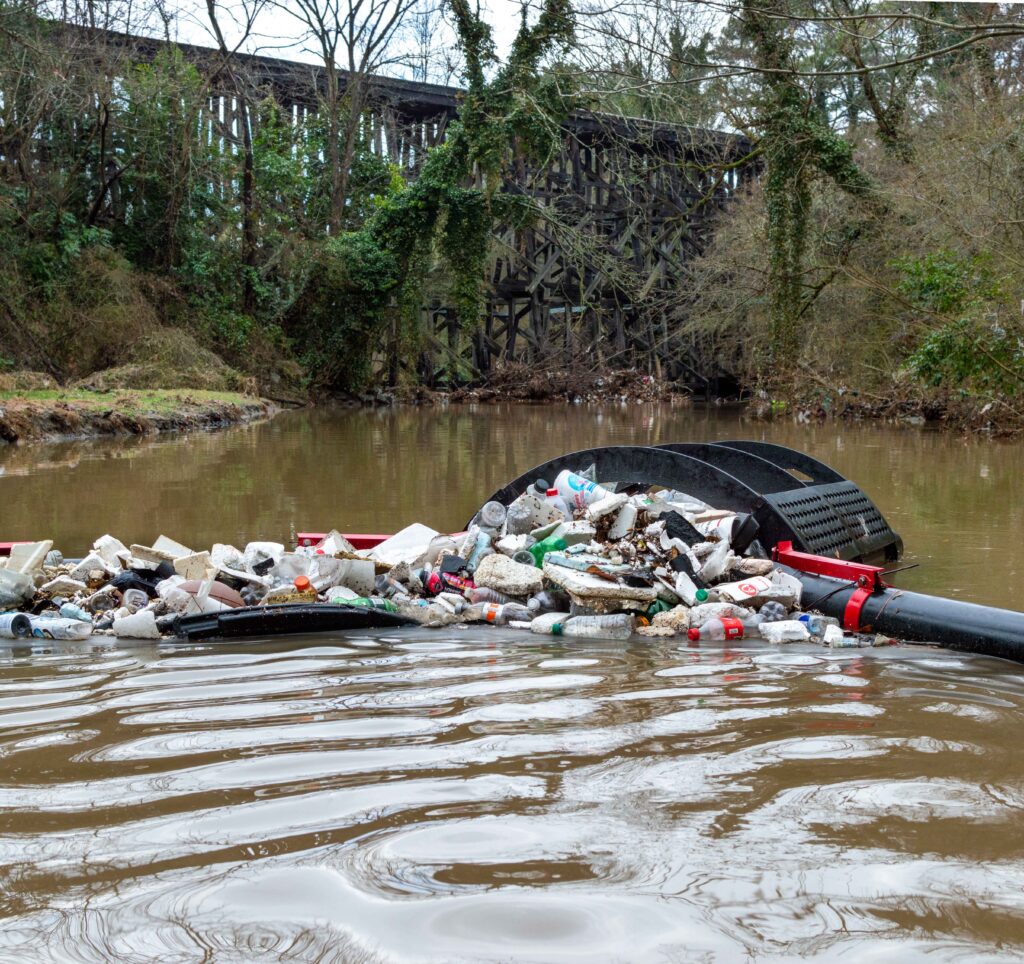
Trash Traps Around The Watershed
From Proctor Creek in Atlanta to Blue John Creek in LaGrange, tributaries throughout the Chattahoochee Basin are subject to the harmful effects of unmitigated stormwater, illegal dumping, and litter pollution. CRK operates 14 trash traps in four counties throughout Georgia and each trap is designed to meet the needs of the local watershed.
After the traps are installed, however, the work is far from over. Trash traps require regular maintenance: they are emptied on a weekly basis and any recyclable material is separated from vegetation and landfill.
During the cleanout process, crews conduct a forensic litter audit using the U.S. Environmental Protection Agency’s Escaped Trash Assessment Protocol or ETAP. Data generated through this protocol provides an unprecedented level of insight into local pollution conditions. As data is analyzed, CRK will work with communities to develop tailored solutions for reducing litter the Chattahoochee watershed.
We hope that these trash traps will complement our ongoing volunteer cleanup activities and will help us be more proactive in the fight against trash in our river.
– Jason Ulseth
Chattahoochee Riverkeeper
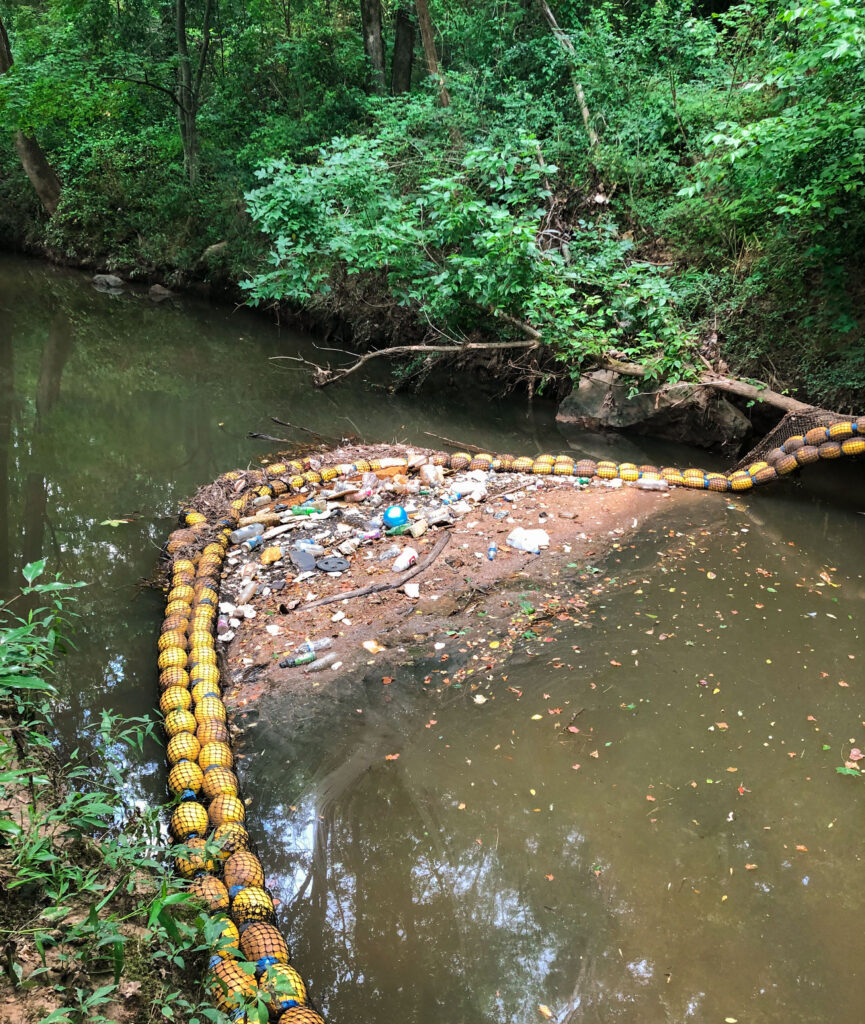
Publications
Over the years, our trash trap program has garnered attention from around the Southeast U.S. and the world. Activist groups, non-profits, and governments are eager to learn about our program and how to implement it in other watersheds. To assist this effort, CRK has combined the lessons learned from the past five years of trash trap operation into the Trash Trap Guidebook. This report is for general audiences and details everything needed to create and sustain a trash trap program including the financial, labor, and legal requirements.
Along with releasing our guidebook, CRK has partnered with Arcadis to develop a tool to automatically identify new trash trap locations. Site selection is the greatest factor determining the success of a trap installation, but until now, selecting sites was more of an art than a science. Thanks to Arcadis, we now have the Trash Trap Prioritization Model, which automatically identifies optimal trap locations in the Chattahoochee watershed and beyond.
Using GIS software, this model incorporates land use, topographic, hydrologic, and demographic data to locate the sites that best meet our program goals. If you use ArcGIS Pro and would like to view the model and shapefiles, data for the Chattahoochee watershed are available for download here.
Community Involvement
This campaign would not be possible without the help of our members, partner organizations, and volunteers. As more trash traps enter the watershed, there will be opportunities for volunteers to maintain the devices and conduct ETAP analyses alongside CRK staff. Intern and fellowship opportunities will be posted on our career page.
If you have any questions about the trash traps or know of any creeks that could benefit from in-stream litter collection, contact jyu@chattahoochee.org.
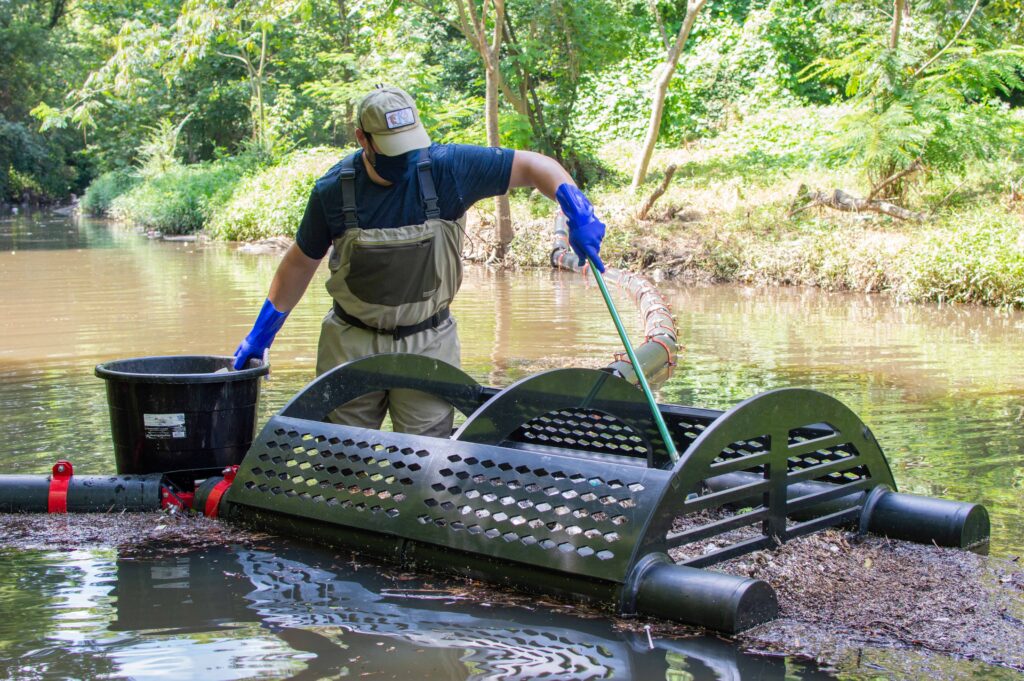
This program is generously supported in part by:
